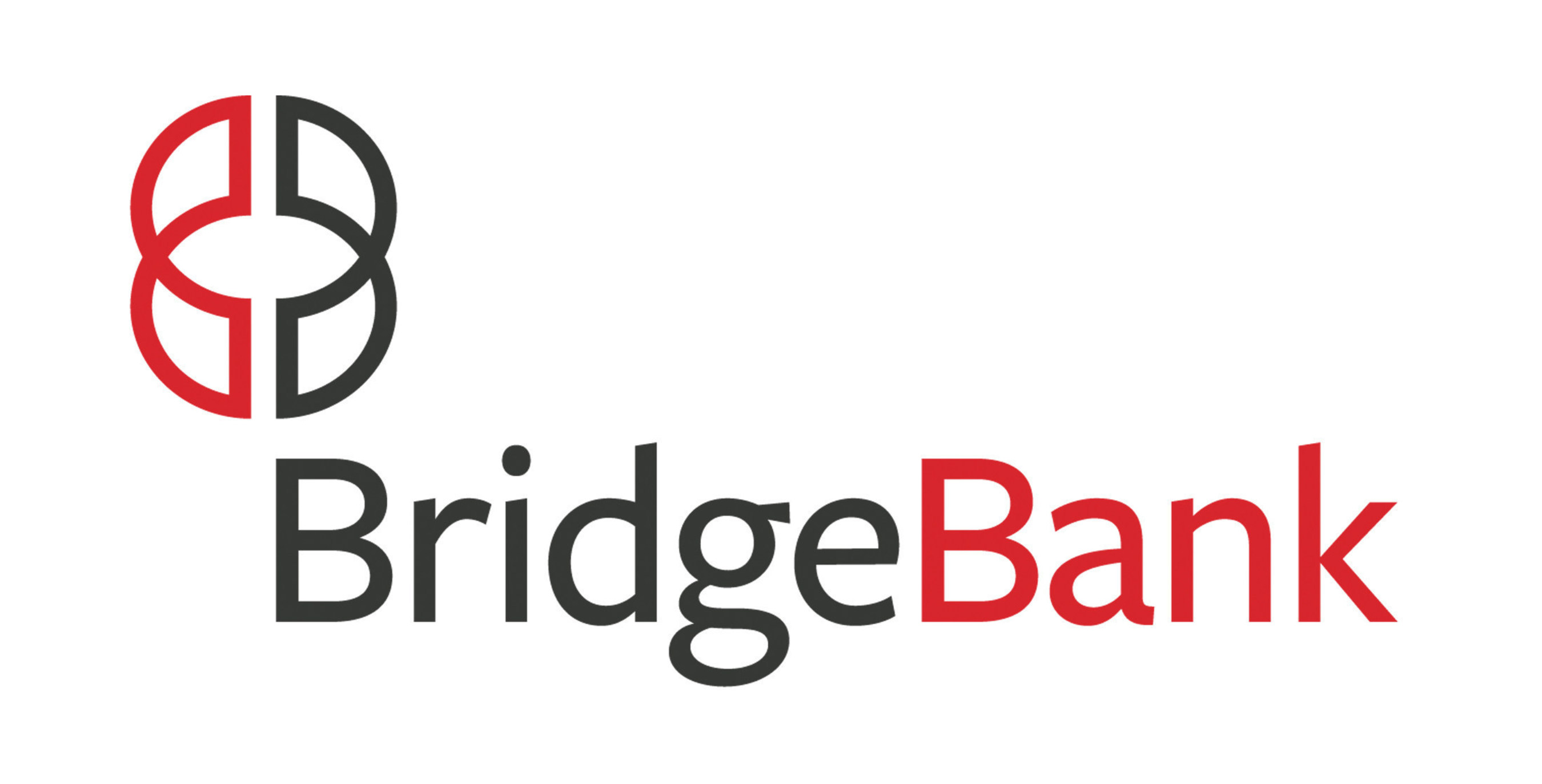There are a number of different factors that you need to consider when you’re building your banking stack, including your runway, your burn rate, the flexibility you need from your bank, the safety of your funds, the type of accounts you need to serve your customers, and much more. But the biggest variable to consider is how much cash you have on hand.
The larger your cash reserve, the more complex your banking stack needs to be to help you manage your funds. Let’s look at some of the adjustments you’ll need to make as you grow. Remember, every startup is different, so your company may have different needs than others of the same size. These are just general guidelines – you should discuss your specific requirements with your accountant(s) and your bank representative.
$250,000 or under. Very lightly funded startups can probably just have one business checking account. Capital preservation shouldn’t be an issue, since FDIC insurance will cover up to $250,000. Plus, at this stage, founders are pretty busy – they don’t need the hassle of managing multiple accounts.
$250,000-$1 million. At this point, you will probably need two accounts, a business checking account for operational expenses and a second account to hold additional funds you don’t immediately need. You should consider setting up your second account at a different bank, which offers you greater FDIC protection and protects you if there are issues with your primary bank. Many founders choose to have an operational account at a smaller, more customer service-oriented institution, and place the remainder of their funds in a larger, well-capitalized bank. At this point, it makes sense to use a bank that offers networked deposit services, which spread deposits among several FDIC-insured banks but allow you to manage your funds from your primary bank. And you should always make sure you can transfer funds between institutions easily and inexpensively.
$1 million-$10 million. This level of funding is significant, and startups should definitely add more options to their banking stack. A credit card account helps you manage and administer your expenses, and eliminate cumbersome expense management processes. You should also consider a cash management program for funds that exceed the amount you need for the next 12 months. A cash management program goes beyond a basic savings account, and provides options for investing your funds in low-risk options, while earning some yield on your cash. Interest rates are trending upward now, and are close to 5% annually. At that rate of interest, if you’ve got $5,000,000 in extra funds that you don’t need for 12 months, you could earn $250,000 over the course of a year. While safety of your principal is your primary goal, you could consider investing in low-risk Treasury bills or government money market funds. The financial institution you choose can help you evaluate your options.
$20-$30 million. At this funding level, your startup probably has a significant number of employees, which means you may need to create a payroll account. A dedicated payroll account helps you ensure your payroll obligations are fully funded, so there aren’t any issues with paychecks. An income tax account allows you to set aside funds for quarterly and annual tax bills, to make sure the money is available when it’s time to pay the government. If you’re accepting credit card payments, you may need a merchant services account to help you process customer credit card transactions.
$30-$40 million. You’re probably conducting a significant amount of business at this point, even if you haven’t yet reached profitability. Other accounts you may need include accounts receivable and accounts payable accounts. A separate account for receivables helps you see which of your customers have paid their invoices and determine what invoices are outstanding. An account for accounts payable helps you set aside funds to settle invoices that you receive from vendors and contractors. Startups that are doing significant sales should consider a sales tax account, where you can place the sales taxes you’ve collected until you remit them to the proper taxing authorities. That helps make sure you’re not mingling them with other funds.
$40-$50 million. It’s likely that you have significant cash reserves at this point, and you should make sure that those funds are invested across a range of low-risk options, both to generate some yield and to protect those funds in the event of a banking issue. You will definitely want to take advantage of professional cash management, and you should set up an investment policy statement that’s approved by your board of directors. The IPS provides direction for your investment managers, and reassures your investors that you are managing your funds prudently.
$50 million+. You’ve reached the point where you probably need to set up separate operating accounts for different business functions, like marketing. By designating specific funding for sales and marketing efforts, you’ll be better positioned to review your return on investment, evaluate the effectiveness of different campaigns, and adjust your strategy as needed.



























